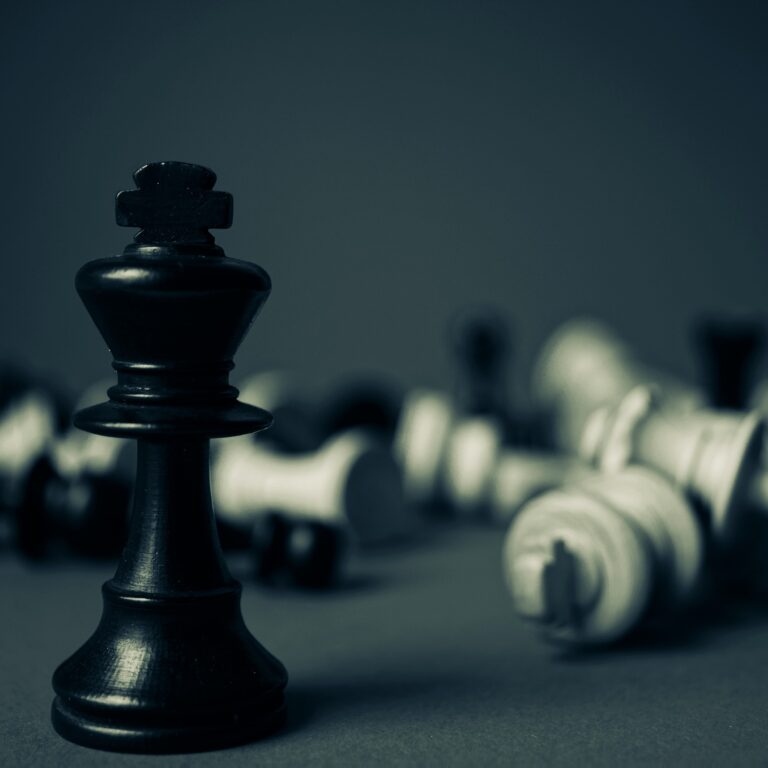People tend to lump jealousy and envy together as synonyms. They are not. Yes, both can describe people who fit the criteria of a “hater” at times but they are not the same. Jealousy is caused when a person feels their relationship with another person is threatened. It is a relationship based emotion. A boyfriend/girlfriend or husband/wife can feel their partner’s relationship with someone else is a danger to the continuance of theirs. Siblings can feel they are not as close with their parents as their brother/sister. An up and coming business person feeling upset about how hard they have it and how easy it seems for the people at the top of the industry is not relationship-based. They don’t know this person. There is no relationship. This is envy and we are going to discuss the psychology of it.
Envy is a 3-headed monster. If one is missing, envy is too. Head one is the trait, talent, or physical possession of a person . Head two is you not having it. The final head brings it all together and that is the delta between the first two heads bothering you to the point of anger, stress, and/or self-esteem issues. When these 3 line up, we have a problem. Envy has been formed and as normal as this emotion may seem it is an adolescent emotion. We learn to deal with a lot of the ways of the world as we grew up but most of us don’t learn to deal with others having things we don’t.
It seems illogical to believe a person can reach adulthood and not learning to deal with others having something they don’t. Illogical because as a kid and young adult you don’t have much of anything. There should have been some skills gathered with ongoing experience. Living in an apartment knowing some live in mansions. Working 40 hours a week to earn $1000 before taxes as you get home from that job to watch a game where the players and even the commentators are making your yearly salary that week. Regardless of these common experiences, we still get to adulthood and seem to welcome this 3-headed monster. We should attempt to take back the invitation.
Need to drop a few pounds? Keto is the way.
Take the 28 day Keto Challenge for just $37!

Unlike jealousy, which is a custody emotion, envy is a craving emotion. It’s is the lack that is the issue instead of the threat of losing what we already have. We do attempt to fight envy although in the wrong way. There are many defenses. You may recognize a few. Callousness. Treating someone who you are envious of with disrespect or cruelness. This is flawed because you are being nasty to a person you’d gladly trade aspects of your life with. The attitude is misplaced admiration.
Turning the tables. This is attempting to get the person you envy to envy you. There is a small chance of success but if successful, your envy will go away. No reason to envy who envy’s you, right? Narcissism. This is an excessive admiration of oneself. This is very close to the correct way to address the issue. The problem is the excessive part and the fact that you don’t love yourself the way you are showing the world you do. The emptiness behind the facade makes it a faulty solution.
In closing, knowing envy is the issue, the question is what is the solution? Is it addressing the desire to have what others have or addressing the way you feel about not having it? I’d say the latter. Having the desire to possess what others possess can only be remedied if you obtain it. If you address how you feel about the lack, you’ll be okay whether you obtain it or not. Once again, it all comes back to finding the answers internally. If you genuinely love yourself and recognize your value, nothing anyone else has can take that from you. Envy can consume your life and causes real health issues. Do not let the success and/or good fortune of someone trap you in a living hell while they get to live in your perceived heaven.
Food for thought…You do the dishes.
Need to drop a few pounds? Keto is the way.
Take the 28 day Keto Challenge for just $37!




